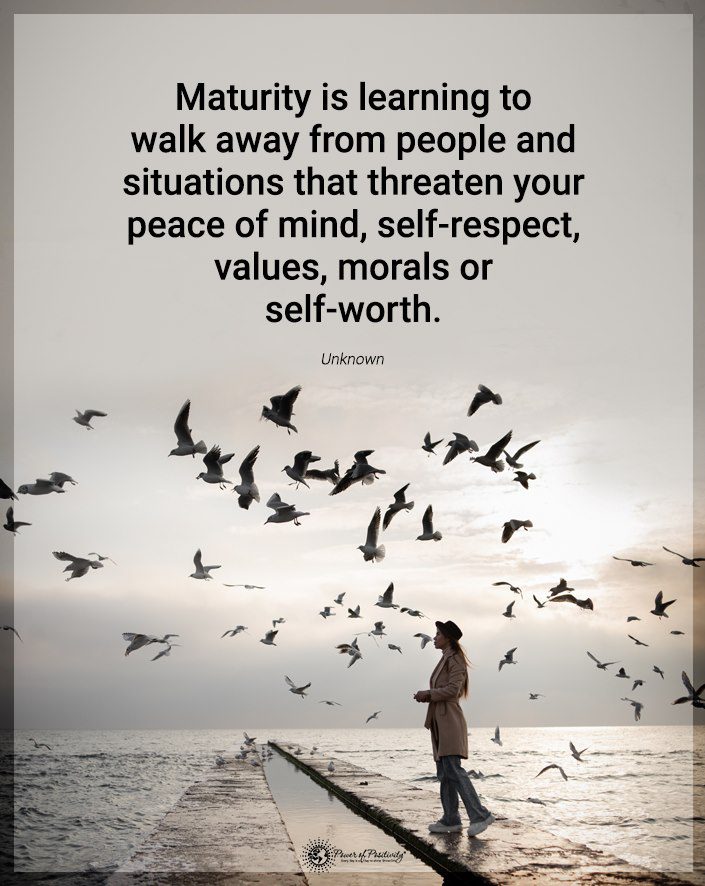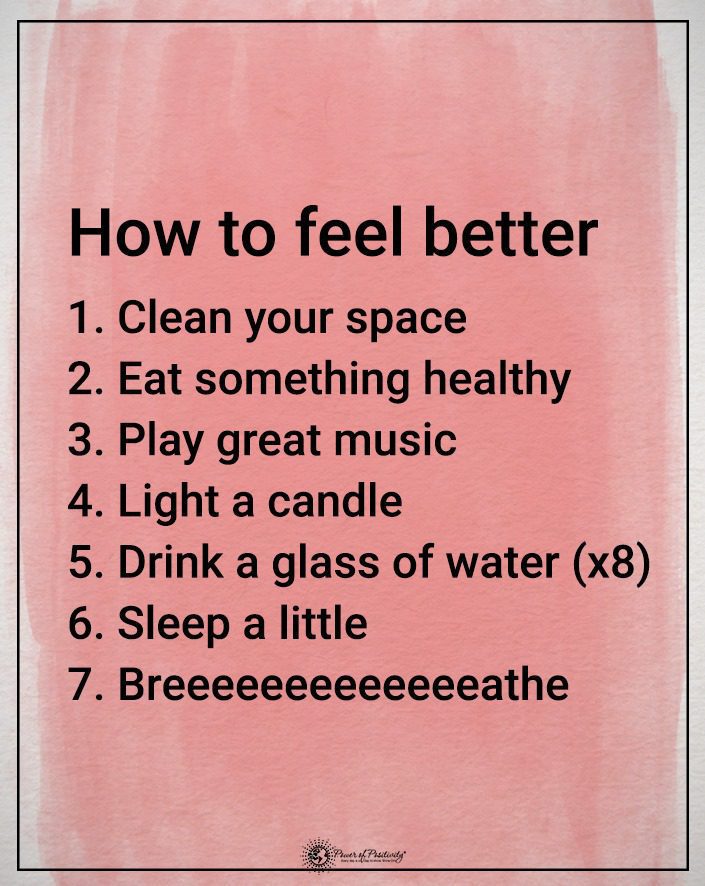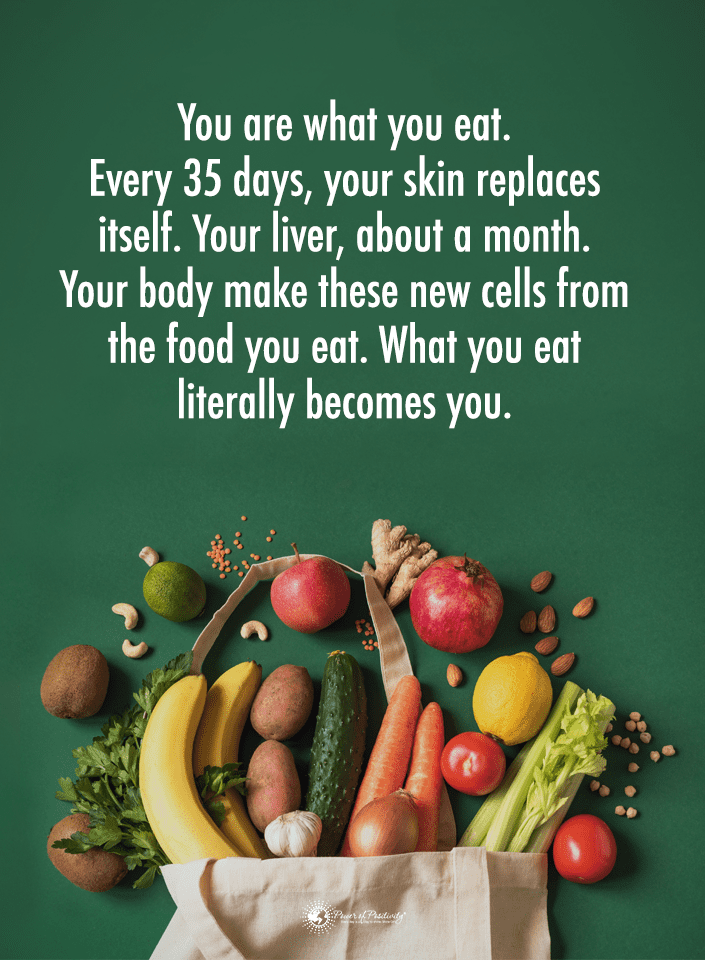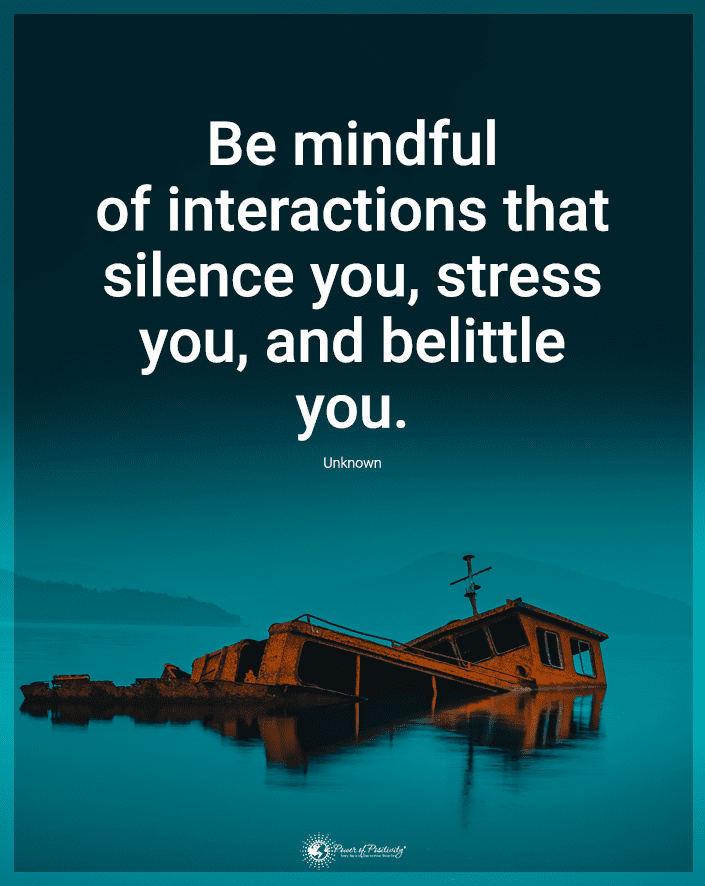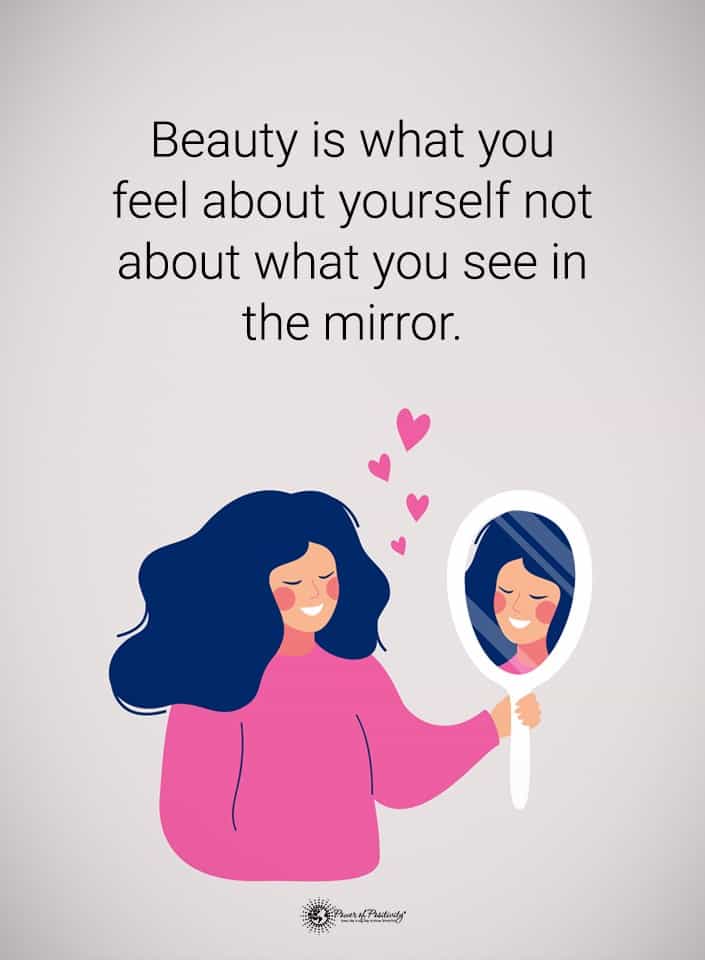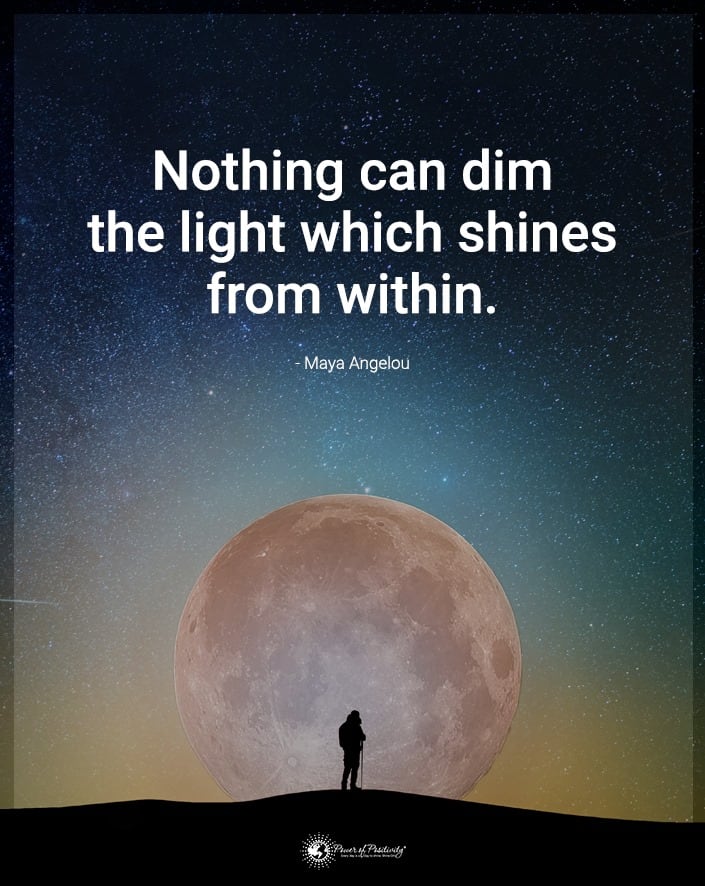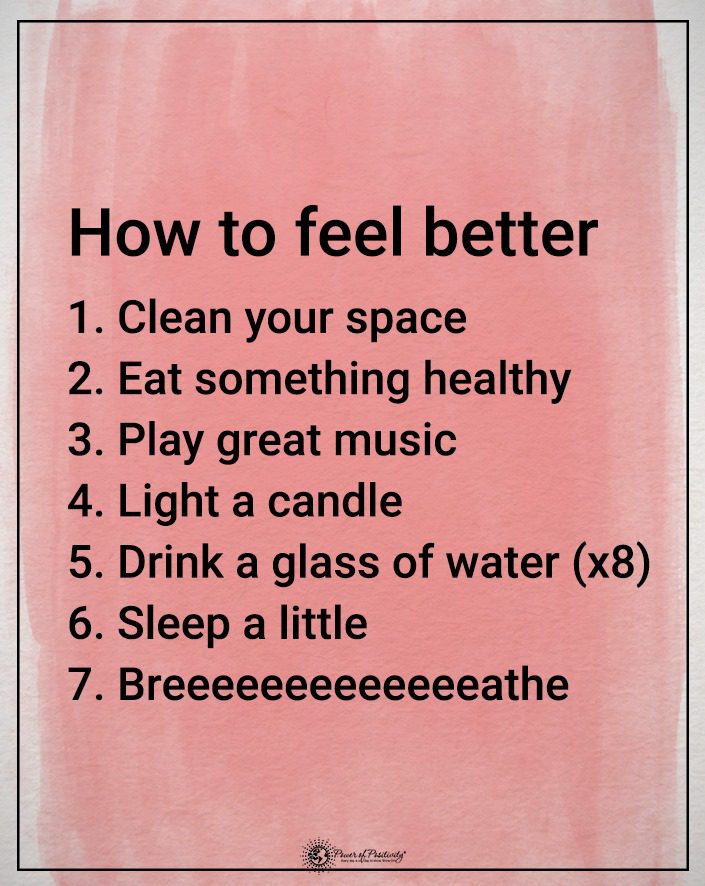Do you have an insecure partner? Let’s paint a relatively common portrait of insecurity.
Your significant other constantly frets that you don’t love them or will leave them. As a result, your love has self-doubt about their abilities, appearance, and personality, which bleeds into your relationship. This is a familiar scenario if you’re dating an insecure partner.
It feels awful to deal with insecurity, and it’s also tricky for those who try to help an insecure partner. It can feel like nothing said and done will ever mitigate the fear and worry that an insecure partner experiences. In addition, it can be emotionally draining and lead to self-fulfilling prophecies and the ultimate end of a relationship that becomes progressively more toxic.
Not that people in healthy relationships don’t have insecurities. Everyone has them, even if they’re minor! And it’s also not to say that those with severe, profound, or crippling insecurities aren’t worthy of love. They certainly are! But to maintain a healthy relationship, you must know how to handle episodes of insecurity from a partner.
Of course, you can’t magically remove insecurity from a partner. That’s something they have to work on themselves! But, at the same time, you can undoubtedly become a haven for a partner, allowing them to be vulnerable and open with you in a balanced, healthy way. So here are four ways to put an insecure partner at ease.
1 – Be Vocal About Your Feelings Toward An Insecure Partner
Being vocal about your love for an insecure partner can help assuage rising fears as a short-term solution. While this should not be the only solution you use to handle long-term problems throughout the relationship, it’s a perfectly healthy one when it applies.
Even the most secure person on the planet will value verbal affirmation and love from their partner. So, of course, you should be regularly vocal about your emotions toward any partner. But it’s a crucial part of a relationship with someone battling insecurity, as it helps to provide regular affection that forms a steady foundation of security. A little reassurance can boost your partner’s confidence in your connection.
2 – Compliment Your Insecure Partner Often
It’s a great idea to affirm your feelings for your partner regularly. Compliment them on their capabilities, appearance, and personality. Tell them you love them as often as you can, and make sure you’re expressing appreciation toward them. But, of course, you should also ensure that your compliments are genuine. An insecure partner who realizes that you’re just saying things you don’t mean to appease them will become more uncertain.
-
Don’t Stop Being Affectionate
Physical affection is a tactile compliment. But as relationships progress, many couples stop being as affectionate as they are. They grow out of the so-called honeymoon phase and become less flirtatious. Of course, partners in any relationship must curb this. But when you’re dating an insecure partner, it’s even more critical to prevent the death of relationship affection. Continue trying to court and woo each other, even months and years into your relationship.
-
Make Time For Each Other
Compliment your partner by showering them with your time. Spending quality time together reminds both partners why you’re dating and love each other. It forms a comfortable bond of security where your partner is consistently reminded of how safe and welcoming your relationship feels. So make sure to break up your everyday routine a little now and then by going for date nights, trying new things, and spending time with each other in new ways.
3 – Encourage Communication So You Can Both Identify Roots
The healthiest way to conduct a relationship with an insecure partner is by ensuring constant open lines of communication. Insecurity can eat away at you from the inside and tends to thrive when it’s left silent for assumptions. This possible outcome is why the insecure partner must take responsibility for their emotions by learning to be honest about them.
Of course, this is easier said than done, which is why it’s helpful if you can encourage communication by being a safe space for a partner. This way, you’ll get to properly understand where they’re coming from and what issues are plaguing them. You’ll get down to the roots, not just analyze their surface-level manifestations. Here’s how to do that:
-
Do Not Invalidate Them
Many insecurities seem very unreasonable and unrealistic. However, it’s essential to understand that while someone can logically know these thoughts aren’t very realistic, their emotions can still be in turmoil over them. It’s tempting to try and tell your partner to move on or to remind them that you’re not the people who have hurt them before. Ultimately, this may not be the best option and can cause an insecure partner to shut down communication. Instead, be supportive, allowing them to talk without invalidating them. You being there for them will work wonders.
-
Ask What They Want Or Need
An insecure partner may have trouble verbalizing when they want or need something or might be too afraid to bring it up. Regular check-ins when you ask what they may need or want while encouraging them and showing your eagerness to do these things can encourage future communication. With time and patience, you won’t need to ask anymore as they volunteer the information themselves – though there’s no harm in asking and requesting clarification.
-
Practice
Communication is a skill, and it’s one you can get better at over time. If it’s something you and your partner struggle with a lot, don’t be afraid to build the skill with practice. Sit down and pick a topic to communicate, ideally one that isn’t highly emotional for either of you. Practice using positive language to provide objective facts mixed with “I” statements about impact. Then, practice negotiating compromise and discussing ideas while learning about how both of you prefer to communicate. These practice sessions may feel silly initially, but you’ll be grateful for them once you have something serious to discuss.
-
Dig Deep For The Real Problem
Tell your partner that you want to understand why they feel strongly about certain insecurities and help them get to the root of the real problem. So often, past trauma can affect the subconscious mind and bleed out into everyday life, leading to false manifestations that can misdirect you from the real problem.
4 – Open Up About Your Insecurities
Let’s face it: no one would feel comfortable opening up to someone who’s a closed book. If you’d like your insecure partner to be vulnerable with you, you have to be equally vulnerable with them. You may not have as many insecurities, but you undoubtedly have at least one or two minor ones. Sharing these with your partner will help to level the playing field, encouraging them to trust you.
Better yet, being open about insecurities can benefit both of you. According to studies, verbalizing how you feel can do a tremendous job of stripping those big, scary emotions of their power. As a result, you can support each other and form a healthy dynamic of reassurance give-and-take.
Being open about your insecurities healthily and productively means modeling positive behavior for your partner. They learn your secure style of communicating your concerns and worries and can pick up on those skills to use when they need them. It’s a win for everyone involved!
5 – Remember That Respect Is Non-Negotiable
An insecure partner may have trouble stating or enforcing their boundaries, which is why respect must be paramount in your relationship. It must be clear, beyond any doubt, that you both respect each other and want to do right by each other.
When discussing insecurities with a partner, know which lines not to cross. Talk about your limits and get to know the signs of each other’s discomfort. It can be hard to express that they have breached a boundary during emotional or unsteady moments. Therefore, set up safe words or gestures you can use to indicate that it’s time to change the topic.
What is also important is your respect for yourself. It’s easy to lose aspects of yourself when dating an insecure partner. To model healthy behavior, you must be assertive about your boundaries while indicating that you love and care for your partner. This firm line lets them understand that your own needs are not a personal attack on them and that you love them just the same, even while asserting your limits.
Experts state that boundaries are crucial to relationships. As such, you must be sure that you never cross your partner’s limits and don’t allow them to cross yours.
Final Thoughts On Finding Some Ways To Put An Insecure Partner At Ease
Everyone has their fair share of insecurities, and there’s beauty in being a safe space for someone you love to be completely vulnerable and open. With support, kindness, genuine love, and respect, a partner can feel confident and secure despite negative thoughts and worries.
While it’s compassionate and lovely to help put an insecure partner at ease, remember that you still need to maintain boundaries and ensure that you don’t burn yourself out in your attempts to aid them. It’s not your responsibility to “cure” someone of their fear; ultimately, a balanced relationship is healthy.
You should also be aware that severe, deep-rooted insecurity can lead someone to perform extremely harmful, toxic, and hostile behavior. Those unable to manage your partner’s insecurities and who don’t work on themselves may be manipulative or try to blackmail you emotionally. Sometimes, they do this subconsciously and unintentionally, so it’s essential to be aware of warning signs that someone you trust may be manipulating you.
Ultimately, it’s healthy in relationships for a partner to want some degree of reassurance and for you to provide it. However, as long as you achieve this in a balanced way without enabling insecurity, your relationship can become a stronghold and fort against self-doubt’s worst irrationality.




